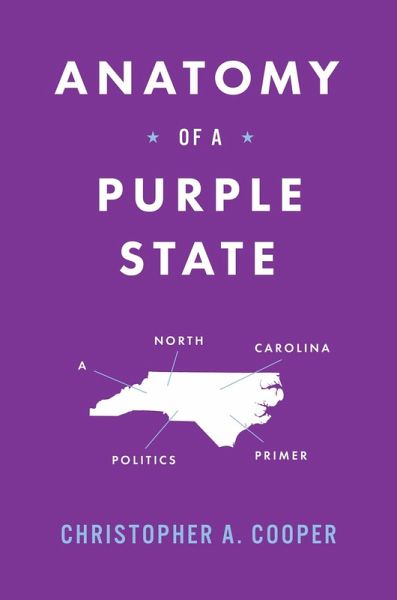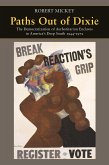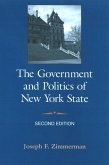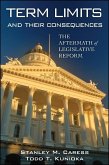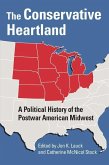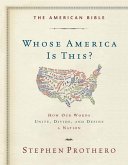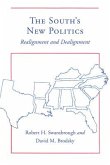"North Carolina represents a perfect distillation of the promise and peril of modern American democracy: hyperpartisanship, gerrymandering, dissatisfaction with the two-party system, the rural/ urban divide-these issues are all brought into sharp relief in the Tar Heel State. For that reason, North Carolina politics and government are increasingly of interest not just to North Carolina citizens but to journalists, political observers, and people across the country. Political scientist Christopher A. Cooper, to whom the national media go when they need a quote about North Carolina politics, offers a primer made for all people, no matter their political leanings. Readers will be introduced to everything that has made North Carolina the most purple of purple states-from the state constitution and the influence of think tanks to the growing racial diversity of the state and the limitations on the governor's power. By explaining how we came to be in the political situation we are in, Cooper shows us where we might go next. And, as many have said, 'As North Carolina goes, so goes the nation'"--
Hinweis: Dieser Artikel kann nur an eine deutsche Lieferadresse ausgeliefert werden.
Hinweis: Dieser Artikel kann nur an eine deutsche Lieferadresse ausgeliefert werden.

